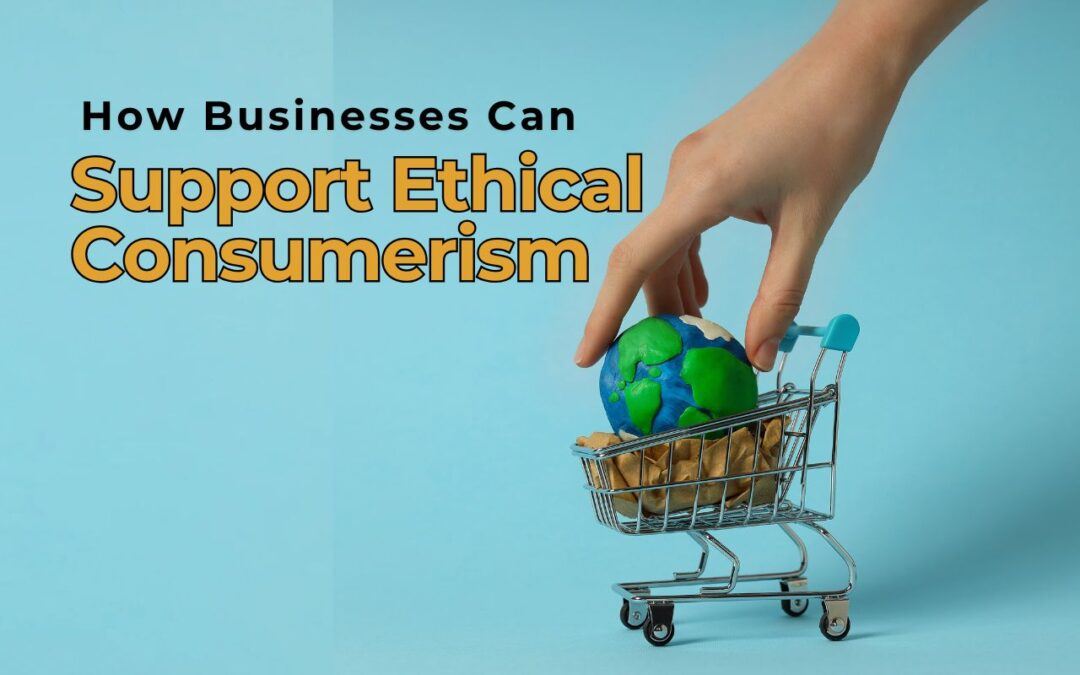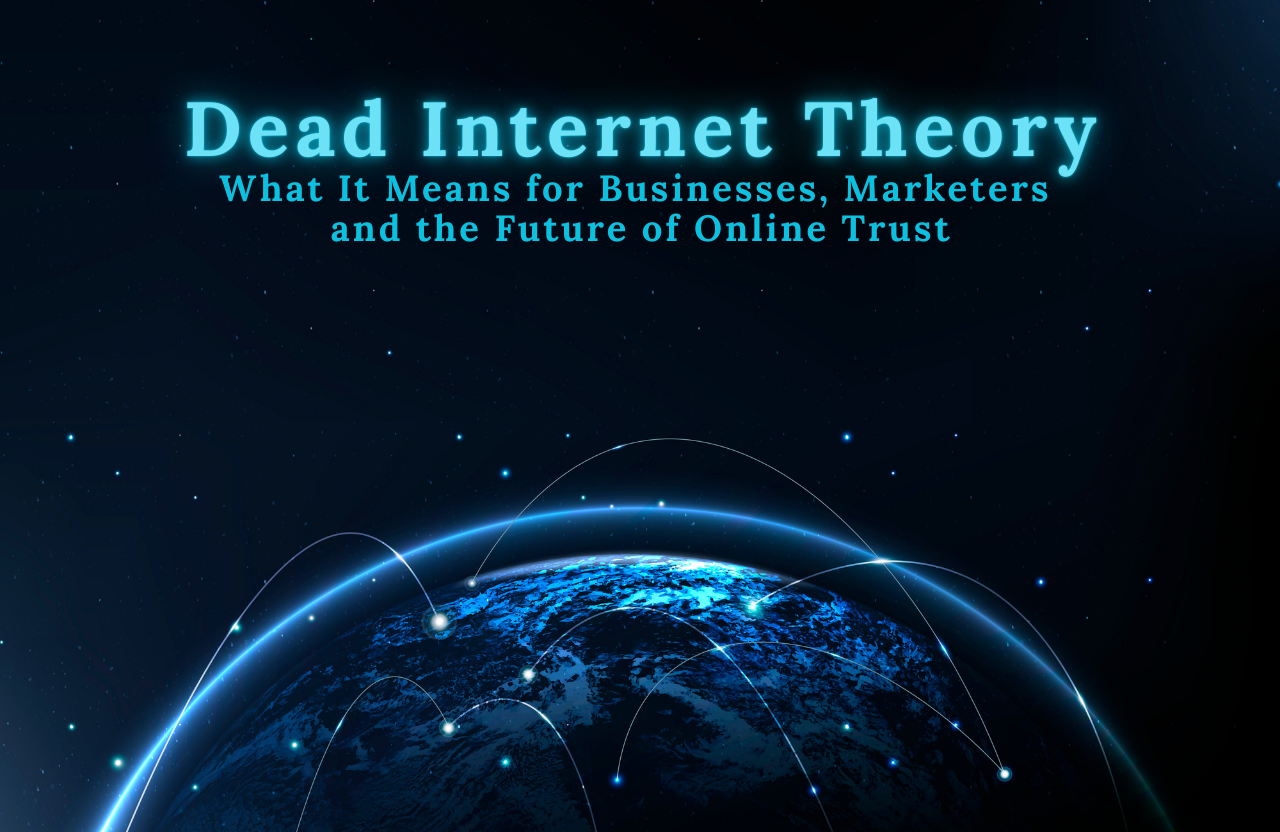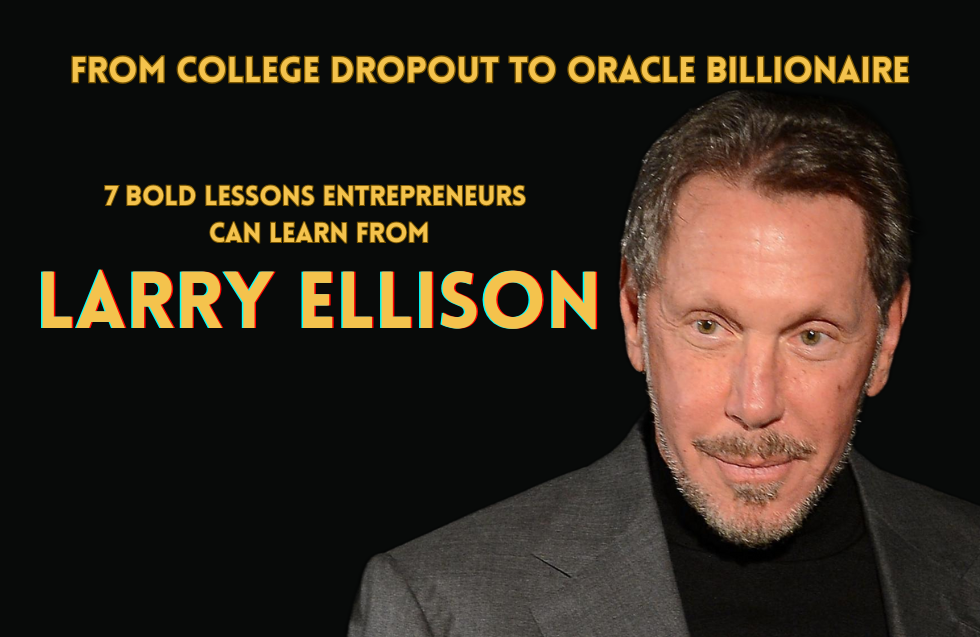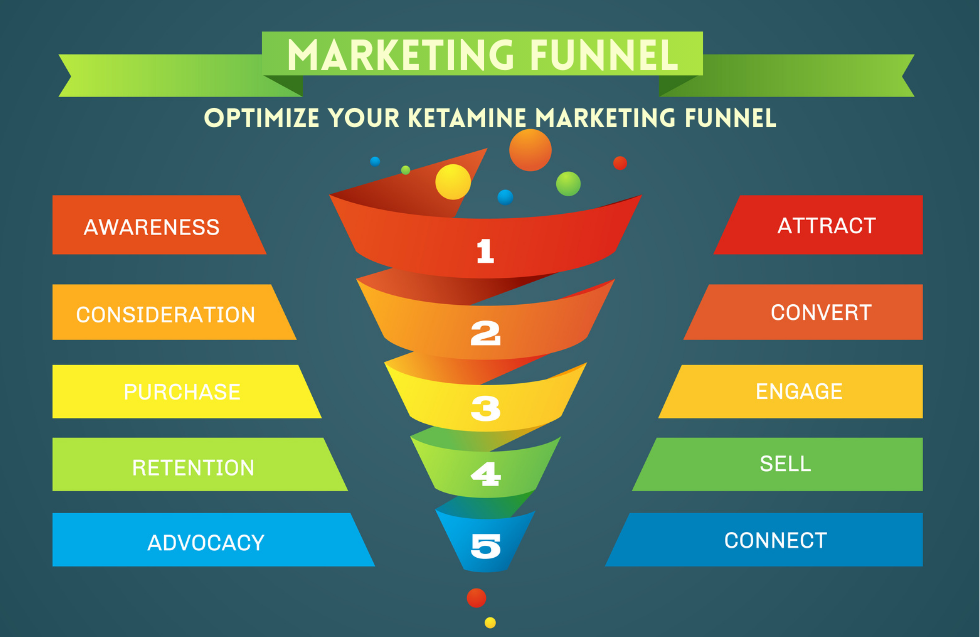In an era where consumers are more informed, connected, and conscious than ever before, ethical consumerism has emerged as a powerful force shaping the future of commerce. Ethical consumerism involves the practice of purchasing products and services produced in a way that minimizes social and environmental harm while supporting positive outcomes. For businesses, embracing ethical consumerism is not only a moral imperative but also a strategic advantage that builds brand loyalty, resilience, and growth.
This blog will explore in-depth how businesses can support ethical consumerism, offering actionable strategies, real-world examples, and insights into aligning operations with the values of today’s ethical consumer.
What is Ethical Consumerism?
Ethical consumerism refers to the practice of purchasing products and services that are produced ethically, considering environmental sustainability, human rights, animal welfare, and fair labor practices. Ethical consumers consciously avoid brands involved in practices like sweatshop labor, animal cruelty, environmental degradation, or exploitative advertising.
Key concerns of ethical consumers include:
- Environmental sustainability
- Fair trade and labor rights
- Animal welfare
- Corporate transparency
- Social equity
This movement is driven by a growing awareness of global issues, including climate change, sweatshop labor, deforestation, and economic inequality. As access to information increases through the internet and social media, consumers are demanding more from the brands they support.
According to a Nielsen report, 73% of global consumers say they would definitely or probably change their consumption habits to reduce their environmental impact. This presents both a challenge and an opportunity for businesses.
Why Supporting Ethical Consumerism Matters for Businesses
1. Consumer Trust and Brand Loyalty
Consumers are more likely to develop a lasting relationship with brands that align with their values. Ethical business practices demonstrate a commitment to doing the right thing, which builds trust and loyalty over time.
2. Market Differentiation
In a saturated market, ethical practices set businesses apart. Brands that are transparent about their supply chains, sourcing, and sustainability efforts are more likely to capture attention and stand out.
3. Regulatory Readiness
Governments around the world are enacting stricter environmental and labor regulations. Businesses that already adhere to ethical standards are ahead of the curve and better prepared for legal changes.
4. Employee Engagement and Retention
Workers increasingly seek employers with strong ethical values. A socially responsible business can attract top talent and foster a motivated, purpose-driven workforce.
5. Access to Capital
ESG (Environmental, Social, and Governance) criteria are playing a larger role in investment decisions. Ethical businesses are more likely to attract funding from socially conscious investors.
Core Strategies for Businesses to Support Ethical Consumerism
1. Ensure Supply Chain Transparency
A major concern for ethical consumers is how products are made and where materials come from. Businesses can support ethical consumerism by mapping their supply chains and identifying potential areas of risk.
Steps to take:
- Conduct supply chain audits
- Work only with certified ethical suppliers
- Use traceability tools like blockchain
- Provide transparency reports
Example: Everlane offers radical transparency by detailing the cost breakdown of each product, the factories they use, and their ethical labor practices.
2. Commit to Fair Trade and Ethical Sourcing
Fair trade ensures that producers in developing countries receive fair wages and work under humane conditions. Businesses can obtain certifications such as Fair Trade USA or WFTO (World Fair Trade Organization) to validate their efforts.
Actions to implement:
- Source raw materials from fair trade certified suppliers
- Highlight fair trade practices in marketing
- Educate consumers about fair trade
Example: Divine Chocolate is co-owned by cocoa farmers and supports fair trade and empowerment initiatives in Ghana.
3. Adopt Sustainable Materials and Packaging
Reducing environmental impact is central to ethical consumerism. Businesses can minimize waste, lower carbon emissions, and reduce plastic use by switching to sustainable alternatives.
Sustainable initiatives include:
- Using biodegradable or recyclable packaging
- Choosing renewable materials (e.g., bamboo, organic cotton)
- Offering refill or reuse programs
Example: Loop partners with major brands to create reusable packaging systems that eliminate single-use waste.
4. Promote Diversity, Equity, and Inclusion (DEI)
Ethical businesses must also be socially responsible. This includes fair hiring practices, equal opportunity, and respectful representation in branding.
DEI practices to implement:
- Conduct regular pay equity audits
- Foster a diverse leadership team
- Avoid cultural appropriation in marketing
Example: Ben & Jerry’s is known for championing social justice causes and actively addressing systemic racism within their operations and messaging.
5. Reduce Carbon Footprint and Embrace Clean Energy
Climate change is a critical issue for ethical consumers. Businesses can demonstrate leadership by reducing their environmental impact.
Carbon reduction tactics:
- Switch to renewable energy (solar, wind, etc.)
- Optimize logistics and reduce transportation emissions
- Offset carbon through verified programs
Example: IKEA aims to be climate positive by 2030 and has invested heavily in renewable energy and circular design.
6. Engage in Ethical Marketing
Avoid greenwashing—misleading consumers about environmental or ethical practices. Authenticity is key to building trust.
Ethical marketing practices:
- Use honest language and clear labeling
- Back up claims with data and certifications
- Highlight real impact stories
Example: Patagonia ran an ad urging consumers not to buy their jackets to encourage conscious consumption, highlighting their commitment to reducing consumerism.
7. Educate and Empower Consumers
Businesses play a key role in raising awareness and encouraging ethical behavior among their customer base.
Ways to educate consumers:
- Offer content on sustainability through blogs, videos, and newsletters
- Use packaging to share facts and statistics
- Create loyalty programs that reward eco-friendly behavior
Example: Grove Collaborative provides tips, guides, and education to help customers build sustainable homes.
8. Support Local Economies and Communities
Strengthening local economies through ethical sourcing and hiring helps build resilient communities.
Community-centric actions:
- Source from local artisans and farms
- Donate a portion of profits to community initiatives
- Support local education and entrepreneurship programs
Example: TOMS Shoes reinvests profits into grassroots good, including mental health, community development, and impact grants.
9. Design Ethical Product Lines
Businesses can design entire product lines with support ethical consumerism, meeting demand from conscious consumers.
Product development steps:
- Choose cruelty-free testing methods
- Avoid harmful chemicals and allergens
- Offer repairable and recyclable products
Example: Allbirds creates sustainable footwear from merino wool and sugarcane-based materials, clearly disclosing the carbon footprint of each product.
10. Collaborate with NGOs and Certification Bodies
Partnering with organizations that specialize in ethical practices adds credibility and accountability.
Types of partnerships:
- Collaborate with environmental NGOs
- Join ethical trade networks
- Apply for certifications like B Corp, FSC, Rainforest Alliance, and GOTS
Example: Dr. Bronner’s partners with numerous certification programs and NGOs to maintain ethical sourcing across its supply chain.
Addressing Common Challenges in Supporting Ethical Consumerism
1. Higher Costs
Ethical materials and fair labor can increase production costs. However, consumers are often willing to pay more for ethically made products. Educating customers on the value of your ethical practices can justify premium pricing.
2. Complex Supply Chains
Multinational supply chains make traceability difficult. Leveraging technology and third-party audits can improve visibility.
3. Consumer Skepticism
Past incidents of greenwashing have made consumers wary. Transparent communication and third-party certifications help build trust.
4. Scalability
Sourcing ethical materials or changing processes may seem daunting for large businesses. Start with small pilot programs and scale gradually.
The Future of Ethical Consumerism
The demand for ethical practices is poised to grow as Gen Z and Millennials become the dominant consumer groups. These generations prioritize purpose over profit, value authenticity, and are quick to research brands online before making a purchase.
Future trends to watch:
- Rise in climate labeling and digital product passports
- Increased government regulations on ESG disclosures
- Mainstream adoption of circular business models
- Growth of ethical marketplaces and platforms
Businesses that align with these trends will not only future-proof themselves but also drive meaningful change.
Conclusion: Making Ethics a Core Business Strategy
Support ethical consumerism is no longer optional. Consumers are holding businesses accountable for their impact on people and the planet. Companies that prioritize transparency, sustainability, fairness, and social impact are best positioned to thrive in this new era.
Rather than treating ethics as a marketing trend, businesses must integrate these values into every aspect of their operations—from sourcing and production to marketing and customer service.
In doing so, they don’t just serve ethical consumers—they help shape a more just, sustainable, and equitable world.













